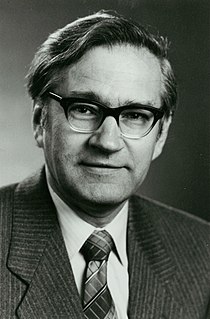A Quote by Robert Hass
A movement got started for common schools, and by the end of the 19th century, 91 percent of Americans could read and write.
Related Quotes
In the beginning of the 19th century, maybe forty percent of women and fifty percent of men could produce a signature, which meant that they'd had at least three years of education because it was in third grade that people started penmanship in the 19th century. And of course black people could get killed if they got caught teaching themselves to read in some parts of the country.
As I started reading about it, I saw that at the beginning of the 19th century, outside of New England - which was an unusually literate place - practically no one could read or write. And even in New England, the overall rate was only about 60 percent. That still means four out of 10 people couldn't put their name to a will.
The Anglo-American tradition is much more linear than the European tradition. If you think about writers like Borges, Calvino, Perec or Marquez, they're not bound in the same sort of way. They don't come out of the classic 19th-century novel, which is where all the problems start. 19th-century novels are fabulous and we should all read them, but we shouldn't write them.
God Bless America started to become an almost ritualistic incantation at the end of political speeches really with Ronald Reagan. It appears occasionally before, but it was not that common. And of course since it was a song that wasn't written by Irving Berlin until the 20th century (laughter), none of the 19th century presidents said God Bless America at the end of speeches, either. I think that the symbolism which suggests that everybody is religious and that even presidents who believe in church and state feel obliged to do this.
Yiddish, originally, in Eastern Europe was considered the language of children, of the illiterate, of women. And 500 years later, by the 19th century, by the 18th century, writers realized that, in order to communicate with the masses, they could no longer write in Hebrew. They needed to write in Yiddish, the language of the population.
In the 19th century, the English were loathed. Every memoir that you read of that period, indicates the loathing that everybody felt for the English, the only difference between the English and Americans, in this respect, is the English rather liked being loathed and the Americans apparently dislike it intensely.
The Toothbrush mustache was first introduced in Germany by Americans, who turned up with it at the end of the 19th century the way Americans would turn up with ducktails in the 1950s. It was a bit of modern efficiency, an answer to the ornate mustaches of Europe - pop effluvia that fell into the grip of a bad, bad man.
As you know, I am a novelist, and I really want to write novels. But I knew enough about the Dreyfus case to understand immediately why what happened to Dreyfus was not merely a cause celebre from the end of the 19th century, but an event that could be shown to teach us lessons of the greatest importance for our own time.
In less than a century we experienced great movement. The youth movement! The labor movement! The civil rights movement! The peace movement! The solidarity movement! The women's movement! The disability movement! The disarmament movement! The gay rights movement! The environmental movement! Movement! Transformation! Is there any reason to believe we are done?




































